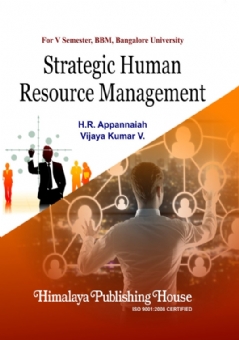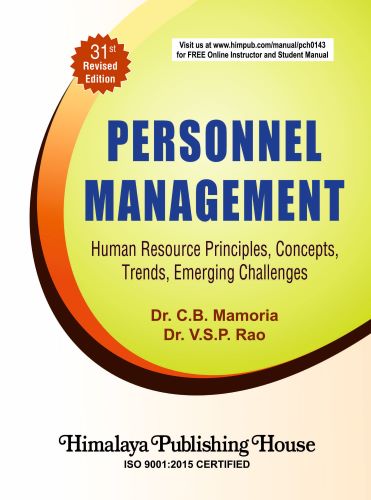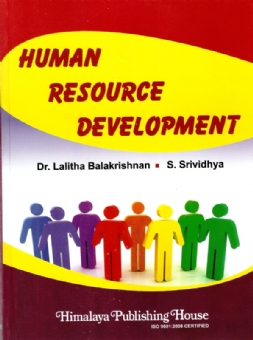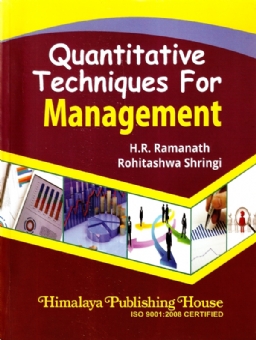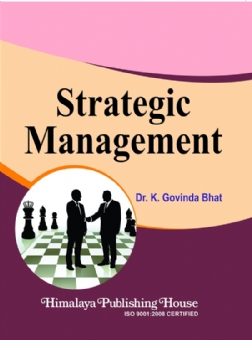In every organization, very vital stakeholder is its Human Resources. Organizations consider their employees as very essential asset they possess. Many large business houses and corporates have a pool of very talented individuals and they care for their most important Human assets. Human resources management (HRM) is a vital activity in every organization. HRM systems in an organization exhibit the organizational capabilities that equip firms to learn and capitalize on new opportunities. But strategies have to be adopted to make HRM process to be more effective.
Many a time, it is said that HRM promises more than it provides. But strategies adopted at every level of HRM process have enabled HR managers to achieve more. Strategy directs an activity as to where it should go and how it should get there. Strategic HRM facilitates HR managers a strategic framework to support long-term business goals and results. This is concerned with people issues and deals with structure, quality, culture, INSERT INTO VALUES and commitment of human resources to the organization and matching resources to future need.
Strategic HRM provides a base to achieve overall organizational effectiveness. The distinct strategic HR practices develop core competencies in employees and facilitate the organization to be more competitive in its business. The strategies adopted by the HR manager helps in combining intelligence, skills and expertise of “Human Capital” (employees) to create an exclusive status to the organization. Suitable strategies are adopted to facilitate the employees to develop firm-specific knowledge and skill. The strategies are developed to create, acquire, capture, share and use knowledge of employees to provide an innovative thrust for the organizational growth and sustainability.
Reward management (to motivate and enhance the job engagement and commitment of employees which create value for them), harmonious relationship and meeting diverse needs of employees can be achieved by developing suitable strategies.
Strategic HRM, thus, covers the issues such as planning and implementing strategic HR policies, HR strategies to increase firm performance, investment in training and development, investment practices for improved retention, job security, managing strategic organization, establishing strategic plans, strategies to manage employees in global organization.

